Money talks, and billionaires speak the loudest in our global economy. These ultra-wealthy individuals shape industries, influence politics, and drive innovation across the world.
In 2025, these 21 billionaires are set to dominate the global financial scene and grow their already colossal fortunes.
1. Elon Musk: The Multi-Planet Entrepreneur
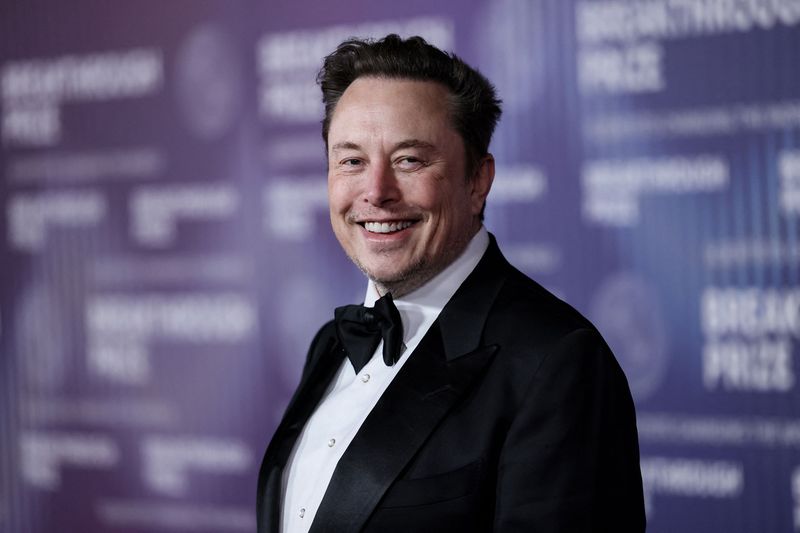
The maverick behind Tesla and SpaceX continues his reign at the top of the wealth pyramid. Musk’s unconventional approach to business has revolutionized electric vehicles and space travel simultaneously.
His fortune has grown exponentially through Tesla’s market dominance and SpaceX’s government contracts. Despite controversial social media antics, investors remain captivated by his vision.
Musk’s ventures into neural technology through Neuralink and infrastructure via The Boring Company have diversified his empire. His ambitious goal of making humans a multi-planetary species drives his relentless work ethic and boundary-pushing innovations.
2. Mark Zuckerberg: The Metaverse Mastermind
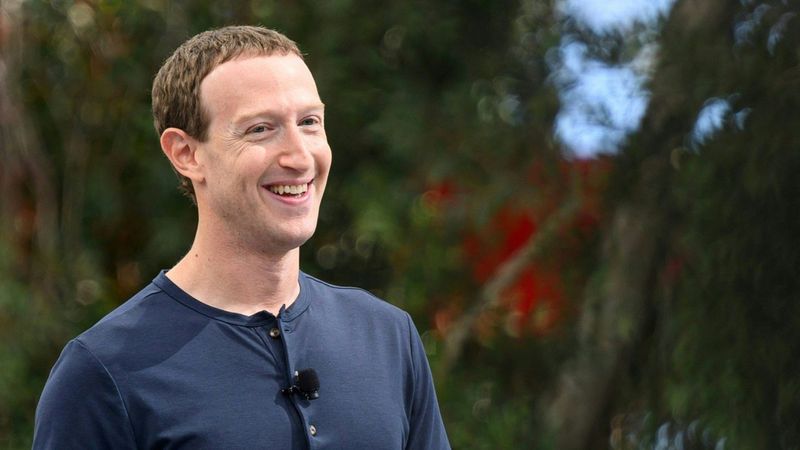
From Harvard dropout to tech titan, Zuckerberg’s Meta empire encompasses Facebook, Instagram, WhatsApp, and ambitious virtual reality projects. His pivot toward building the metaverse represents his boldest bet yet on the future of human interaction.
Despite privacy controversies and regulatory challenges, Meta’s platforms continue connecting billions worldwide. Zuckerberg’s wealth fluctuates dramatically with investor sentiment about his metaverse gamble.
His leadership style has evolved from the impulsive ‘move fast and break things’ approach to a more measured strategy. The young billionaire’s intense competitive nature and forward-thinking vision keep Meta at technology’s cutting edge.
3. Jeff Bezos: The E-Commerce Pioneer
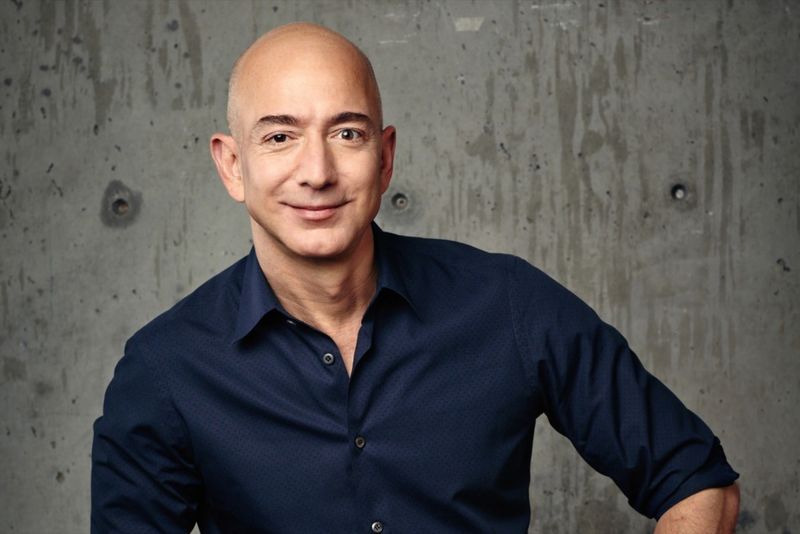
Bezos transformed online shopping through Amazon’s relentless focus on customer experience and operational efficiency. Though no longer CEO, his strategic vision continues guiding the company as Executive Chairman.
His wealth diversification includes Blue Origin’s space ventures, media ownership through The Washington Post, and numerous investments via Bezos Expeditions. The bald billionaire enjoys a high-profile lifestyle aboard superyachts and in luxury properties worldwide.
Philanthropy has become increasingly important in Bezos’ portfolio, with climate initiatives and economic opportunity programs receiving substantial funding. His analytical mind and long-term thinking approach to business problems remain his signature strengths in building wealth.
4. Larry Ellison: The Database King

Oracle’s founder maintains his position among the ultra-wealthy through cloud computing dominance and strategic acquisitions. Ellison’s competitive spirit drives Oracle’s aggressive business tactics against rivals like Microsoft and Amazon.
His passion for sailing and ownership of the Hawaiian island Lanai reflect his adventurous personality. The tech veteran has evolved from database pioneer to cloud computing evangelist as technology landscapes shifted.
Ellison’s close friendship with Elon Musk has resulted in significant Tesla investments and board membership. His leadership philosophy emphasizes hiring exceptional talent and setting ambitious goals, contributing to Oracle’s continued relevance in enterprise technology.
5. Bernard Arnault & Family: The Luxury Empire Builders
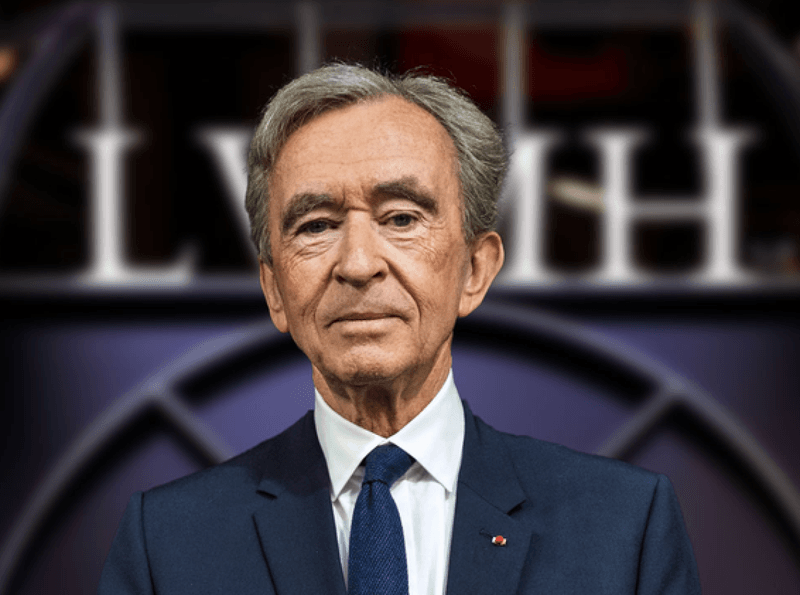
The French business magnate oversees LVMH, the world’s largest luxury goods conglomerate. Arnault’s empire includes iconic brands like Louis Vuitton, Dior, and Tiffany & Co., catering to wealthy consumers globally.
His strategic acquisitions have transformed LVMH into an unrivaled luxury powerhouse. The elegant businessman maintains a relatively low public profile despite his enormous wealth. Arnault has successfully integrated his children into leadership roles throughout the LVMH ecosystem.
Arnault’s meticulous attention to quality, brand heritage, and exclusivity has proven remarkably effective at generating consistent growth even during economic downturns, securing the family’s position among the world’s wealthiest.
6. Warren Buffett: The Oracle of Omaha
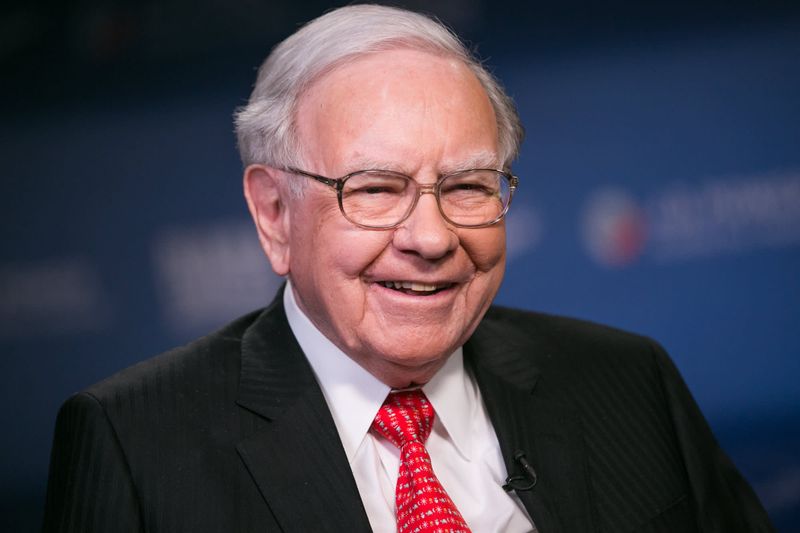
The world’s most famous investor continues generating wealth through his conglomerate Berkshire Hathaway. Buffett’s value investing philosophy has created one of history’s greatest fortunes despite his famously frugal personal lifestyle.
His annual shareholder letters remain essential reading for investors worldwide. The elderly businessman has pledged to donate over 99% of his wealth to philanthropic causes. Buffett’s investment wisdom combines mathematical analysis with psychological insights about market behavior.
The partnership with Charlie Munger created an investing legacy that transformed Berkshire from a struggling textile company into a massive holding company with stakes in everything from insurance to railroads to consumer goods.
7. Larry Page: The Search Algorithm Genius
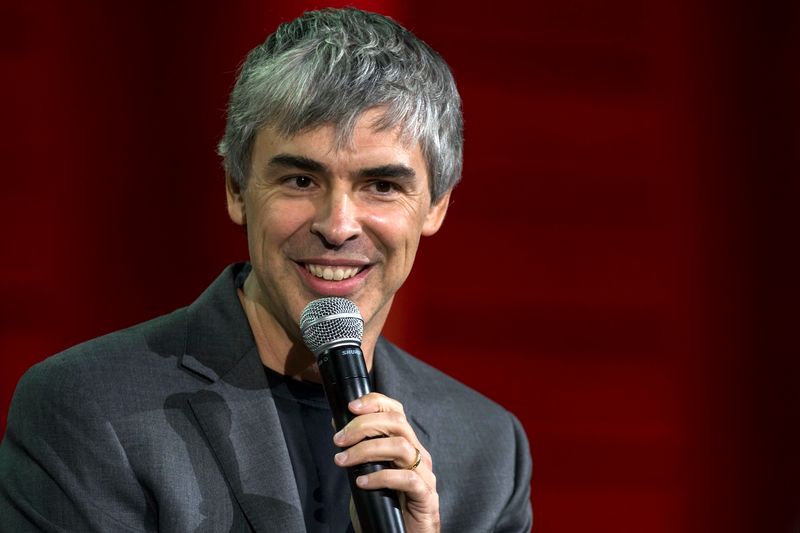
Google’s co-founder maintains substantial wealth through his Alphabet ownership and strategic investments. Page’s algorithmic innovations revolutionized information access globally. Since stepping back from daily operations, he’s focused on funding breakthrough technologies and personal passion projects.
The reserved billionaire rarely makes public appearances, preferring to work behind the scenes. Page’s interest in flying vehicles and sustainable transportation reflects his futuristic thinking.
His leadership style emphasizes moonshot thinking—pursuing radical solutions rather than incremental improvements—which became embedded in Google’s culture and continues driving Alphabet’s ambitious research initiatives across artificial intelligence, healthcare, and other frontier technologies.
8. Sergey Brin: The Computational Visionary

Google’s other co-founder shares the algorithmic brilliance that created the world’s dominant search engine. Brin’s wealth stems primarily from his Alphabet holdings, though he’s diversified into numerous technology investments.
His Russian immigrant background shaped his appreciation for information freedom and accessibility. The technically-minded billionaire maintains involvement in Alphabet’s most experimental projects. Brin’s passion for physical activities like gymnastics and flying trapeze reflects his energetic approach to challenges.
Brin’s mathematical genius combined with entrepreneurial drive helped transform a Stanford research project into one of history’s most valuable companies, revolutionizing how humanity accesses and processes information while building one of the world’s greatest personal fortunes.
9. Amancio Ortega: The Fast-Fashion Revolutionary
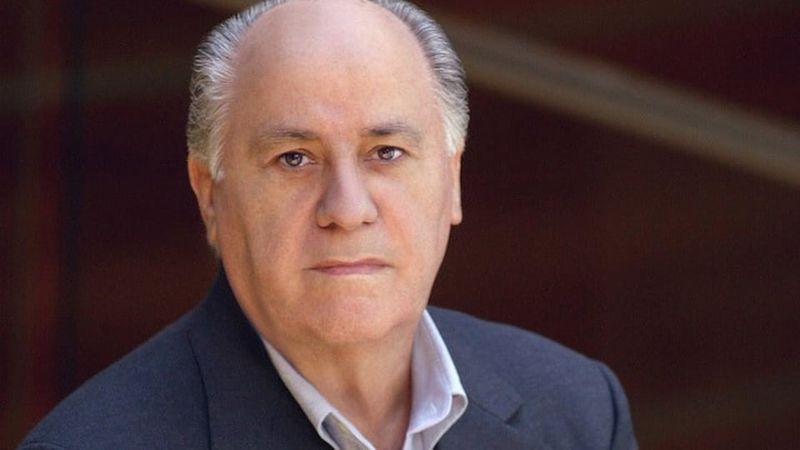
Spain’s wealthiest person built Zara and its parent company Inditex into global retail giants. Ortega pioneered fast fashion’s business model—rapidly producing affordable versions of runway designs. Despite enormous wealth, he maintains a notoriously private lifestyle and humble personal habits.
The self-made billionaire began as a clothing manufacturer’s errand boy before creating his fashion empire. Ortega’s real estate investments across major global cities have diversified his fortune beyond retail.
His business innovation wasn’t technological but operational—creating an incredibly responsive supply chain that could deliver new designs to stores within weeks rather than months, transforming consumer expectations about fashion accessibility and affordability.
10. Steve Ballmer: The Energetic Tech Executive

Microsoft’s former CEO has seen his wealth soar through his substantial company holdings and savvy investments. Ballmer’s ownership of the Los Angeles Clippers basketball team showcases his passion for sports and entertainment.
His famously enthusiastic personality contrasts with the stereotypical tech executive image. The animated billionaire has focused on philanthropy through the Ballmer Group, addressing economic mobility and government transparency.
Ballmer’s USAFacts initiative provides accessible data about government spending and outcomes. His tenure at Microsoft included both criticized missteps and underappreciated successes in enterprise software, creating the foundation for the company’s cloud-computing renaissance that has dramatically increased the value of his Microsoft shares.
11. Rob Walton & Family: The Retail Dynasty Heir
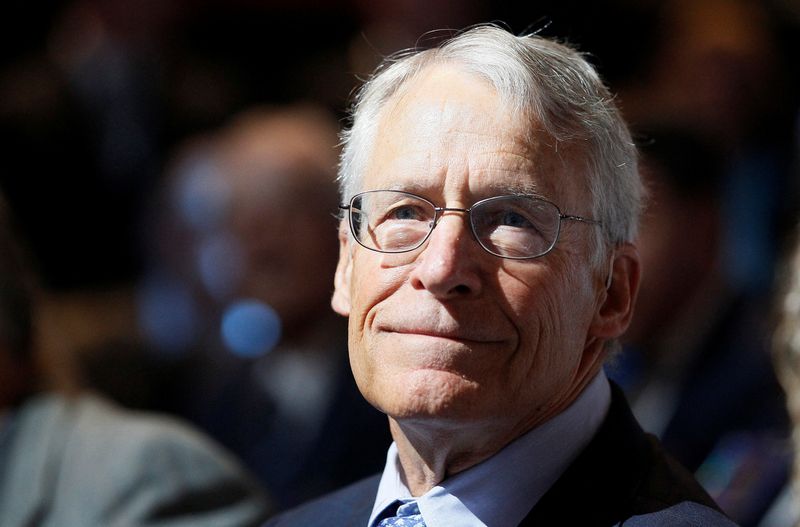
As Sam Walton’s eldest son, Rob inherited substantial Walmart wealth and helped guide the company as chairman for many years. The Walton family maintains tight control over America’s largest retailer through their combined ownership stake.
Rob’s passion for vintage sports cars reflects his personal interests beyond business. The private billionaire prefers staying out of the spotlight despite his enormous fortune. His leadership helped Walmart navigate the transition to e-commerce competition with Amazon.
The Walton family’s wealth represents America’s greatest family fortune, built on Sam Walton’s vision of bringing everyday low prices to rural communities and transformed into a global retail behemoth that continues generating massive wealth for his descendants.
12. Jim Walton & Family: The Banking Branch
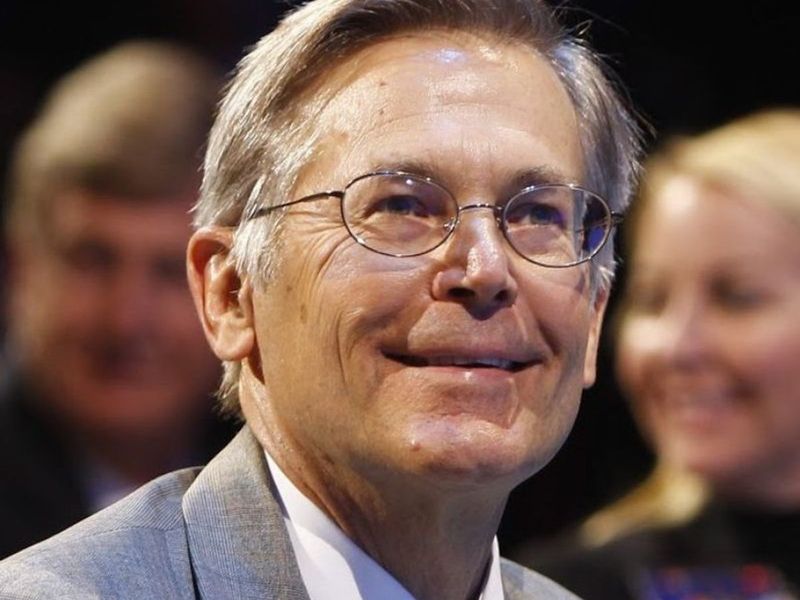
Sam Walton’s youngest son combines Walmart inheritance with successful banking ventures through Arvest Bank. Jim maintains the family’s characteristic modest public profile despite enormous wealth. His business interests extend beyond retail into financial services and communications companies. The reserved billionaire focuses on community development in the Waltons’ home region.
Jim’s strategic thinking has helped diversify the family’s holdings beyond Walmart’s retail empire. The Walton family’s combined wealth creates extraordinary philanthropic potential, which they’ve directed toward education reform, environmental conservation, and economic development initiatives that reflect their conservative values while addressing significant social challenges.
13. Bill Gates: The Tech Philanthropist
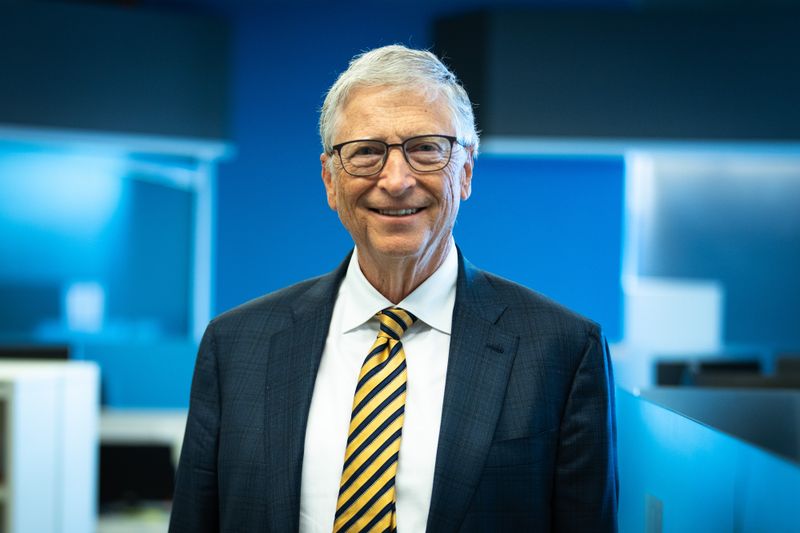
Microsoft’s co-founder has transformed from software pioneer to global health leader through the Bill & Melinda Gates Foundation. Gates’ early vision of a computer on every desk evolved into tackling humanity’s greatest challenges.
His investment company Cascade manages his fortune with significant stakes in diverse industries. The thoughtful billionaire remains an avid reader, publishing annual book recommendations that influence business thinking.
Gates’ pivot to full-time philanthropy has inspired other wealthy individuals to increase their giving. His analytical approach to solving global problems applies business principles to public health challenges, demonstrating how strategic philanthropy can achieve measurable results in areas from vaccine development to agricultural innovation in developing countries.
14. Michael Bloomberg: The Financial Data Tycoon
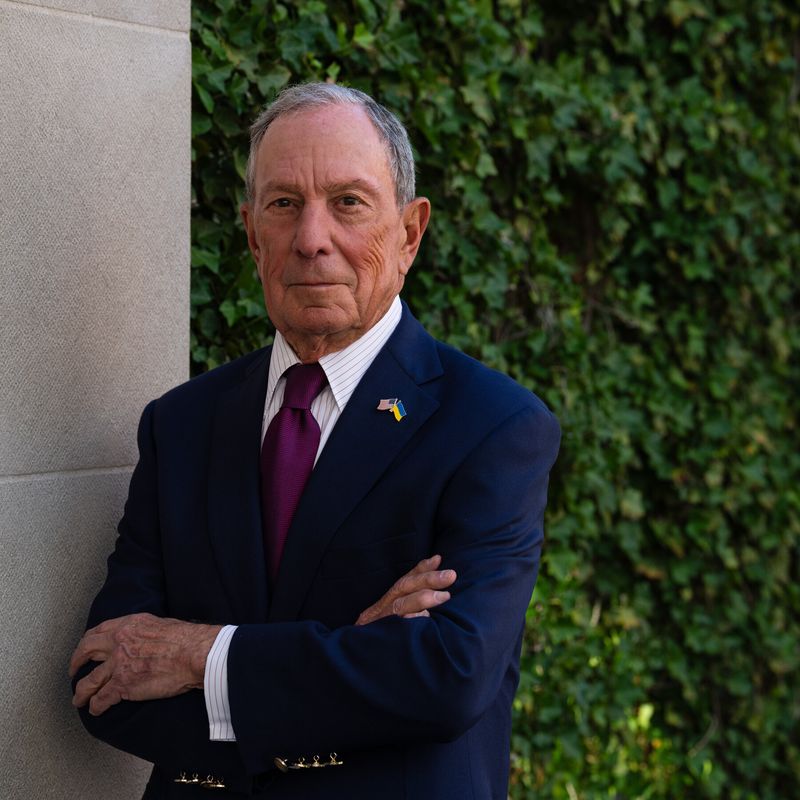
Bloomberg revolutionized financial information delivery through his eponymous terminals and media company. His wealth comes primarily from his 88% ownership stake in Bloomberg LP, which generates over $10 billion in annual revenue.
The former New York City mayor has committed billions to philanthropy, focusing on climate change, gun control, and public health. His pragmatic approach to politics and business emphasizes data-driven decision making.
Bloomberg’s media empire spans television, radio, magazines, and digital platforms. His philanthropic strategy targets systemic change through policy advocacy rather than just direct service, using his fortune to influence public debates on issues from sugar consumption to coal power while maintaining his position among the world’s wealthiest individuals.
15. Alice Walton: The Art-Collecting Heiress
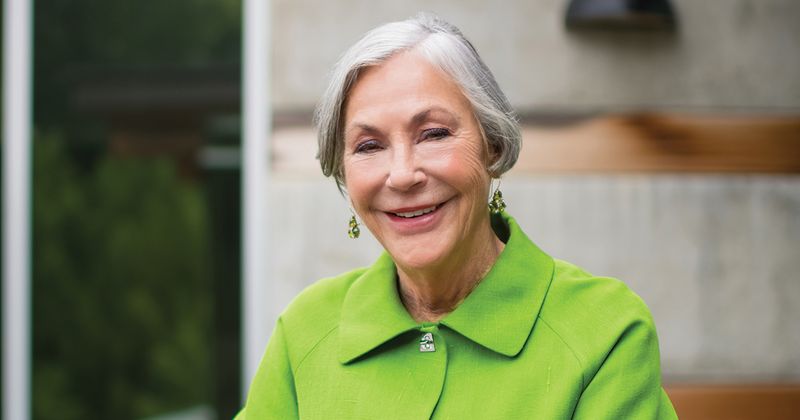
Sam Walton’s only daughter distinguishes herself through extraordinary art patronage and collection building. Her Crystal Bridges Museum of American Art has transformed cultural access in Arkansas and the American heartland.
Alice combines Walmart inheritance with personal investment success. The philanthropic billionaire focuses on expanding educational opportunities and healthcare access alongside her art initiatives. Her personal passion for art collecting evolved into a public mission to democratize art appreciation.
Unlike her brothers who worked directly in Walmart’s business operations, Alice has charted her own path focused on cultural philanthropy, creating institutions that bring world-class art to regions traditionally underserved by major museums while maintaining her position among the world’s wealthiest women.
16. Carlos Slim Helú & Family: The Latin American Telecom Titan
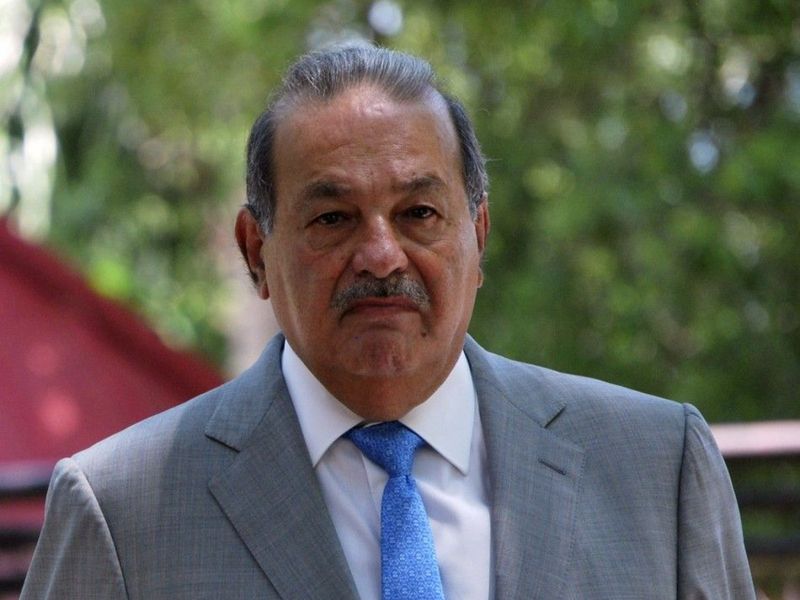
Mexico’s wealthiest person built a telecommunications empire across Latin America through América Móvil. Slim’s business interests span dozens of industries including construction, retail, banking, and mining. His strategic acquisitions during Mexico’s privatization period established his fortune’s foundation.
The shrewd businessman maintains a relatively modest personal lifestyle despite enormous wealth. Slim’s philanthropic work focuses on education, healthcare, and arts in Mexico City. His business approach emphasizes operational efficiency and long-term investment horizons, allowing him to weather economic volatility in Latin American markets while maintaining control of essential services and infrastructure that generate consistent revenue streams across economic cycles.
17. Françoise Bettencourt Meyers & Family: The Cosmetics Fortune
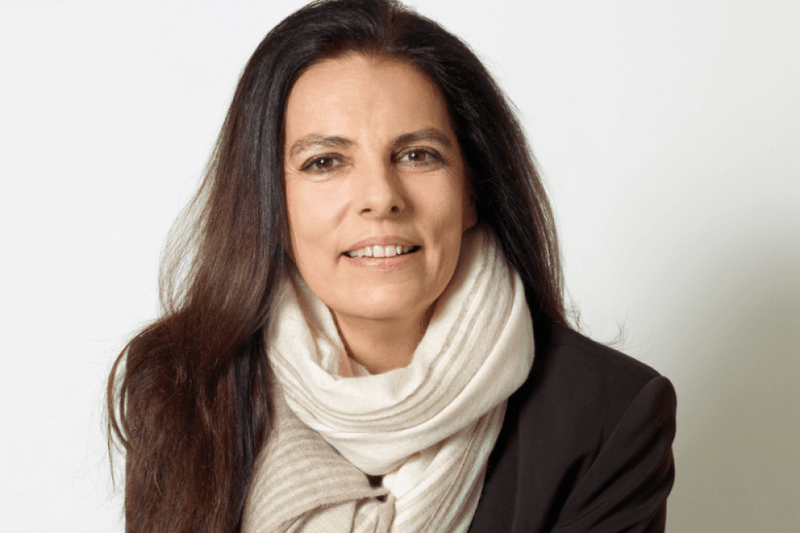
As L’Oréal’s principal shareholder, Bettencourt Meyers holds the distinction of being the world’s wealthiest woman. Her inheritance of the family’s stake in the global beauty giant came after a highly publicized family dispute with her mother.
Beyond business, she pursues scholarly interests in Bible studies and classical piano. The private billionaire focuses on philanthropic work through the Bettencourt Schueller Foundation. L’Oréal’s continued global expansion into emerging markets drives the family’s wealth growth.
Her management approach emphasizes maintaining family control while allowing professional executives to run daily operations, preserving the legacy of her grandfather who founded L’Oréal while adapting to changing consumer preferences in the competitive global beauty industry.
18. Michael Dell: The PC Pioneer
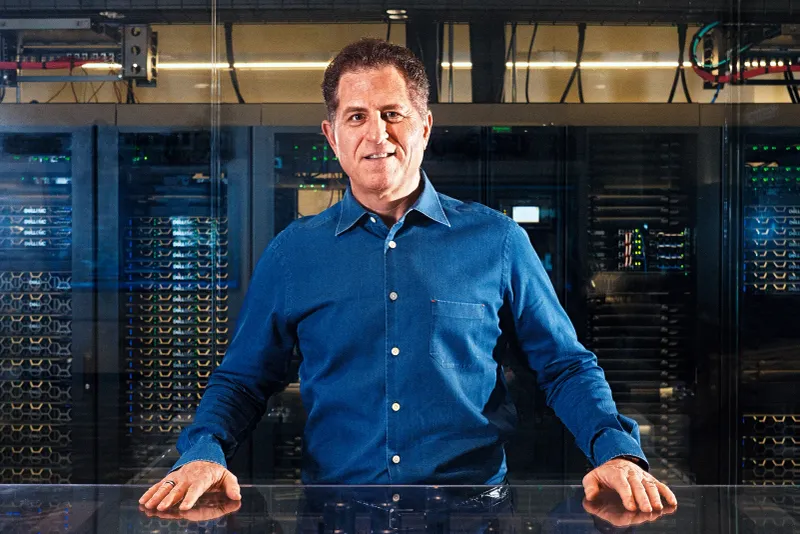
Dell revolutionized personal computer sales through direct-to-consumer distribution and build-to-order manufacturing. Taking Dell private in 2013 before returning to public markets gave him greater flexibility to transform the company beyond hardware.
His MSD Capital manages his personal investments across various industries. The strategic businessman successfully pivoted Dell toward enterprise solutions and services as PC markets matured. Dell’s entrepreneurial journey began in his University of Texas dorm room assembling computers.
Dell’s leadership philosophy emphasizes customer focus and operational efficiency, enabling Dell to navigate the challenging transitions in the technology hardware business while expanding into more profitable enterprise services and cloud infrastructure markets.
19. Gautam Adani: The Infrastructure Magnate
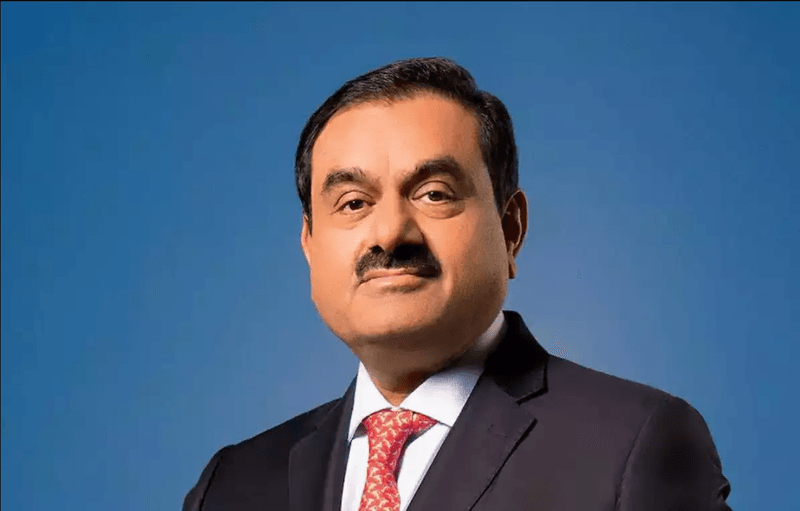
India’s infrastructure kingpin has built an empire spanning ports, airports, energy, and logistics. Adani’s close alignment with India’s development priorities has facilitated his conglomerate’s explosive growth. His ambitious green energy investments position the group for India’s energy transition.
The controversial businessman has weathered significant criticism regarding environmental impacts and alleged political favoritism. Adani’s rise represents India’s economic transformation and growing global influence.
His business strategy leverages India’s massive infrastructure needs and energy transition goals, securing government contracts and permissions that allow his conglomerate to develop essential services while generating enormous personal wealth despite periodic market skepticism about his companies’ valuations and governance practices.
20. Jim Simons: The Quantitative Investment Genius
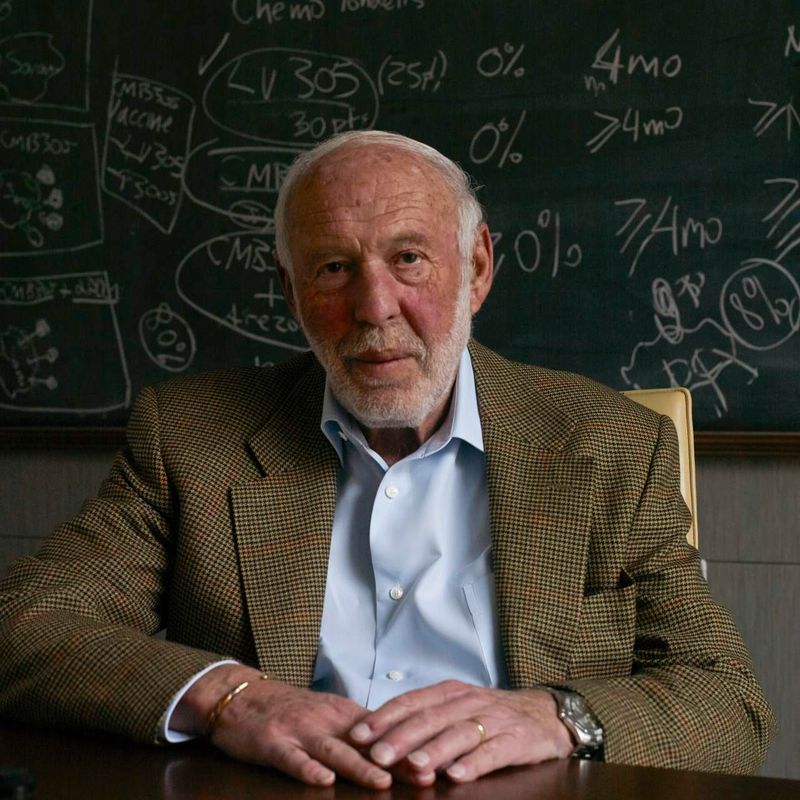
The former mathematics professor created Renaissance Technologies, the world’s most successful quantitative hedge fund. Simons’ mathematical models have generated unprecedented investment returns over decades.
His background includes code-breaking work for the U.S. government before entering finance. The academic-turned-financier has become a major philanthropist focusing on mathematical sciences and autism research.
Renaissance’s Medallion Fund remains legendary for its performance and secrecy. Simons’ approach to investing revolutionized finance by applying advanced mathematical concepts and massive computing power to identify market patterns invisible to human traders, creating systematic trading strategies that have consistently outperformed traditional investment approaches across different market environments.
21. Larry Page (Alphabet): The Innovation Architect
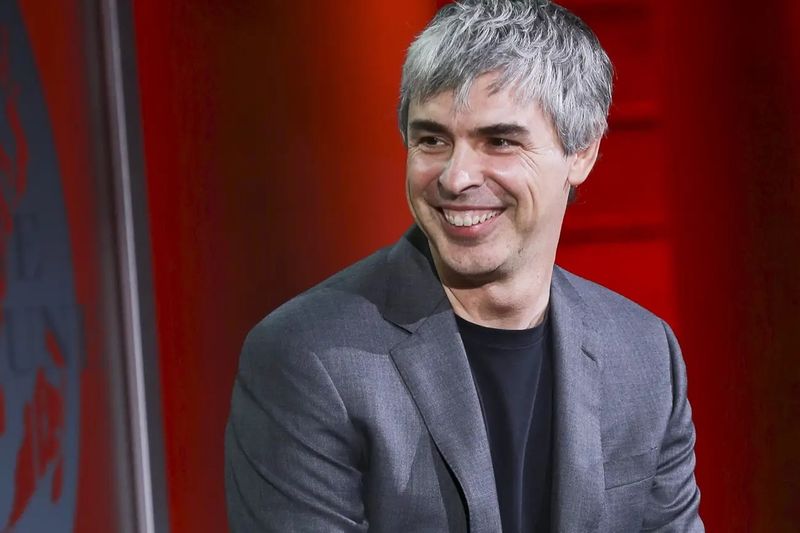
Through Alphabet’s structure, Page has created a framework for pursuing radical innovation beyond Google’s core search business. His vision extends to breakthrough technologies in healthcare, transportation, and artificial intelligence.
Page’s personal investments focus on flying vehicles and next-generation transportation. The forward-thinking billionaire maintains a low public profile while funding ambitious technological moonshots. His leadership philosophy emphasizes solving massive problems through technological innovation.
His wealth continues growing through Alphabet’s dominant market positions in search, video sharing, mobile operating systems, and digital advertising, while his organizational architecture allows simultaneous investment in speculative technologies that could create entirely new markets and revenue streams.

Comments
Loading…